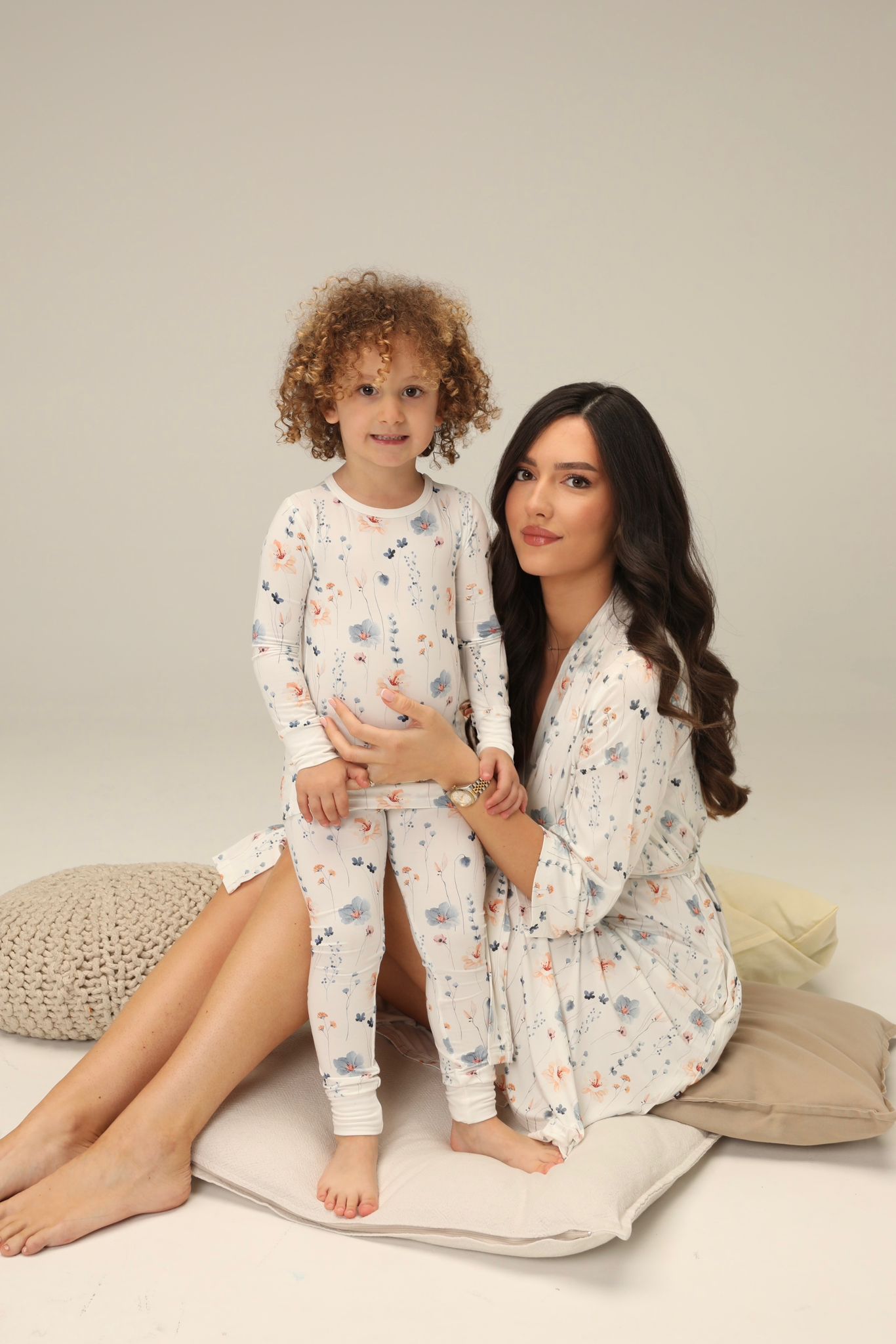A baby's skin is delicate and highly permeable until fully developed, around the first or second year, making it more prone to absorbing harmful substances. Because it’s more sensitive than adults’ skin, even low concentrations can cause irritations, allergies, eczema, respiratory issues, and long-term health complications.
What can you do to protect your baby from exposure to harmful elements in clothing?
Start by researching the brand and their manufacturing practices before you make the purchase. Pick the one that prioritizes sustainability. Remember to always wash new clothing to wash away potential contaminants. But, most importantly, check the labels. Harmful chemicals are commonly found in non-certified materials.
Certification labels denote that clothing is manufactured without toxic substances through ethical and sustainable production practices. Eco-friendly and ethical manufacturing supports your baby’s health, fair wages, safe working conditions, supply chain responsibility, responsible sourcing, energy efficiency, and minimizing environmental impact.

